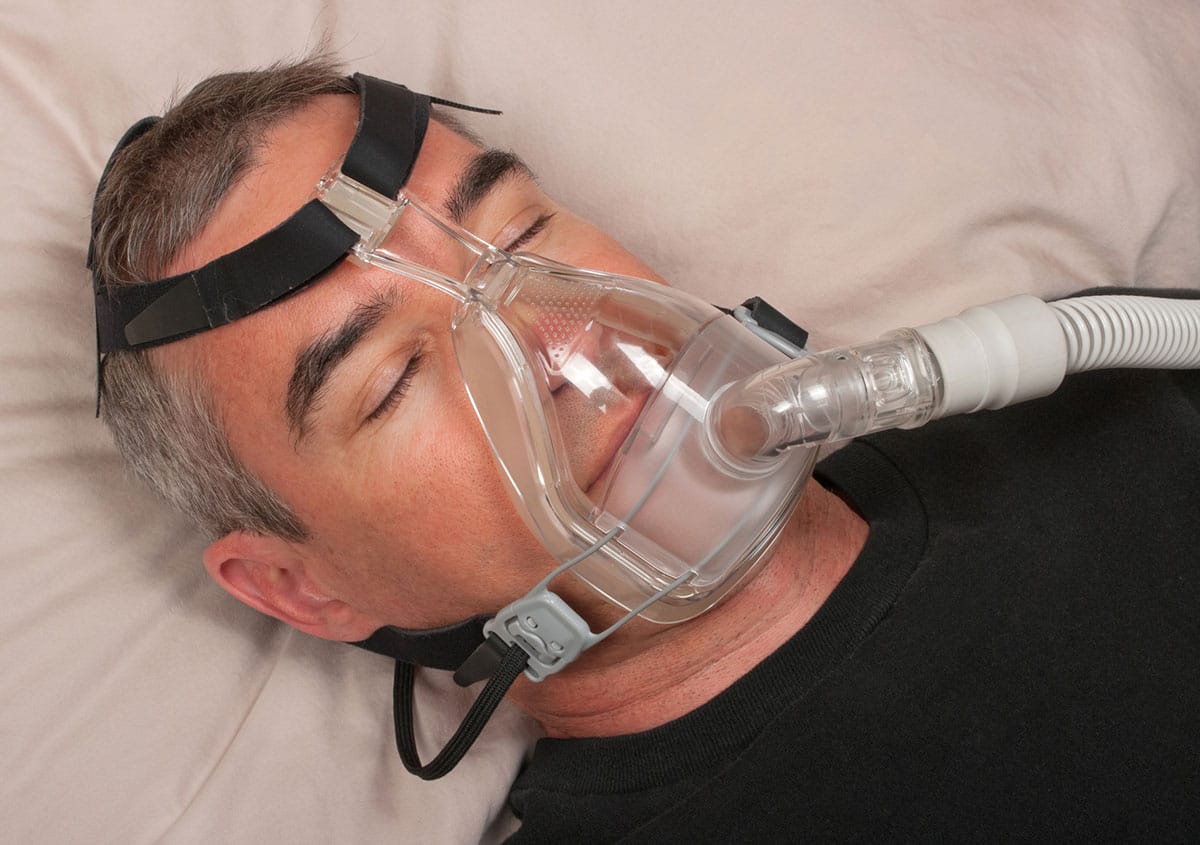
25
Sep
Sleep Apnea

Sleep apnea is a sleep disorder that causes intense fatigue in individuals, even after getting a full night of sleep. If you are a loud snorer and constantly are tired, then you might have this condition. There are a few different causes of sleep apnea, which we will get into below.
If you believe you have it, you will want to seek treatment out as soon as you can. Being chronically fatigued can have a severe negative impact on your physical and mental health.
Keep reading to learn more about the warning signs of sleep apnea and what you can do if you suspect that you have it.
Three Main Types
There are three types of sleep apnea, each with their causes. They are:
- Central Sleep Apnea – Occurs when your brain sends incorrect signals to the breathing muscles.
- Obstructive Sleep Apnea – The most common form, it occurs when the muscles in your throat relax during sleep.
- Complex Sleep Apnea Syndrome – Occurs when a person has both of the above types of sleep apnea.
The Symptoms
The three main types of sleep apnea all share common symptoms. This can make it difficult for you to determine on your own which type you have. The most common symptoms of sleep apnea include:
- Hypersomnia/sleepiness during the day
- Being unable to pay attention
- Insomnia at night
- Frequent headaches
- Dry mouth when you wake up
- Snoring or trouble breathing at night
- Loud snoring
- Periods where you stop breathing at night
While loud snoring is the most common symptom, not everyone who has sleep apnea snores during their sleep. You might be experiencing these symptoms without snoring. The best way to find out is to talk to your doctor if you think you might have sleep apnea.
What Causes Obstructive Sleep Apnea?
This type occurs when the muscles in your throat relax at night. When this happens, the airway narrows or closes- making it much harder to breathe. When you are not getting enough air, the oxygen levels in your blood drop.
From there, your brain will repeatedly wake you up to get you to breathe. This causes gasping or choking at night and can go on for hours since the wake-up period is so brief you will not remember it.
What Causes Central Sleep Apnea?
This type is less common than the obstructive version. This is when your brain does not send signals to your breathing muscles correctly. You will likely wake up when you can not breathe, making your sleep terrible and ineffective.
Who is at Risk?
Obesity can increase the risk of sleep apnea due to excess fat around your airways making it harder to breathe. Men are also about three times more likely to have sleep apnea than women. Smoking and drinking alcohol can also increase your risk over time.
Finally, if there is sleep apnea in your family, you will have an increased risk of getting it yourself.
The Effect of Sleep Apnea
Sleep apnea is a medical condition that can cause many complications. They are:
- High blood pressure
- Heart problems
- Type 2 diabetes
- Fatigue
- Liver Problems
- Tooth grinding
Plus, your partner will also become sleep deprived due to your loud snoring. Many people will need to sleep in another room to get a decent rest.
Dental Sleep Practices
Dentists can help you experience better sleep and ease the symptoms of sleep apnea. Oral appliance therapy can be used to help when you struggle to breathe during the night. It can also greatly reduce snoring.
In the case of sleep apnea, a dentist will work alongside your physician to determine the type of treatment that works the best for you.
Many people with sleep apnea also grind their teeth while they sleep- leading to worn out and damaged teeth over time. Your dentist can help you make the repairs you need for your damaged teeth.
Be sure to contact us if your teeth are severely harmed. Remember, once you have ground away from the enamel on your teeth, there is no way to get it back.
Dental Appliances
Before you can get a dental appliance treatment, you are going to need to go through with a sleep study. If you qualify, you can get one of two dental appliances: the mandibular advancement device (MADs) or a tongue retaining mouthpiece.
A MAD will prevent your throat muscles from collapsing during sleep, while the mouthpiece will hold your tongue in place.
Conclusion
If you believe you suffer from sleep apnea, contact your primary care physician to set up a sleep study. Once you have the results, you will be able to see what type of treatment works best for your condition.
Sleep apnea affects more than just your sleep- your physical health and wellbeing will take a turn downwards until you seek out treatment.







